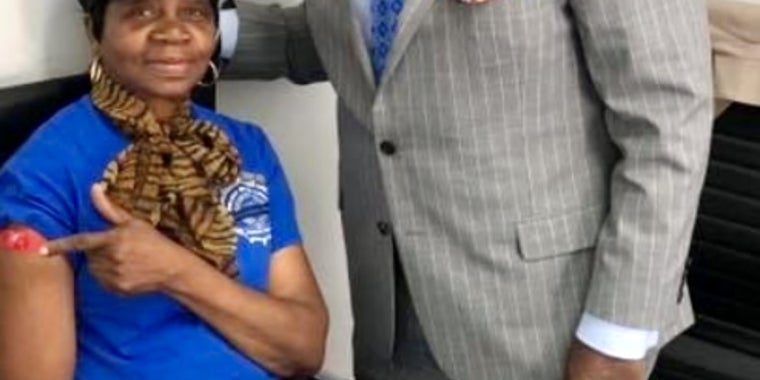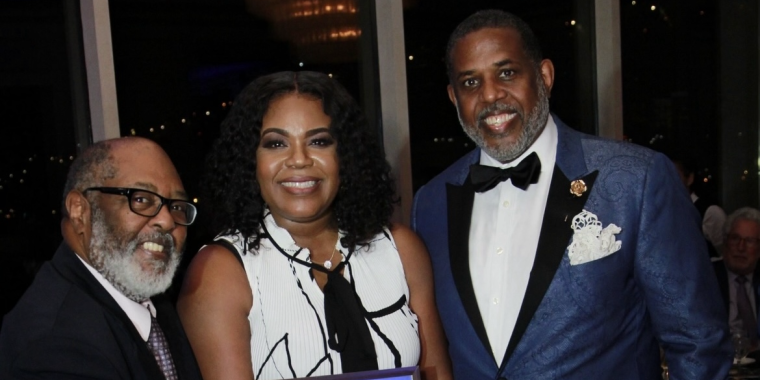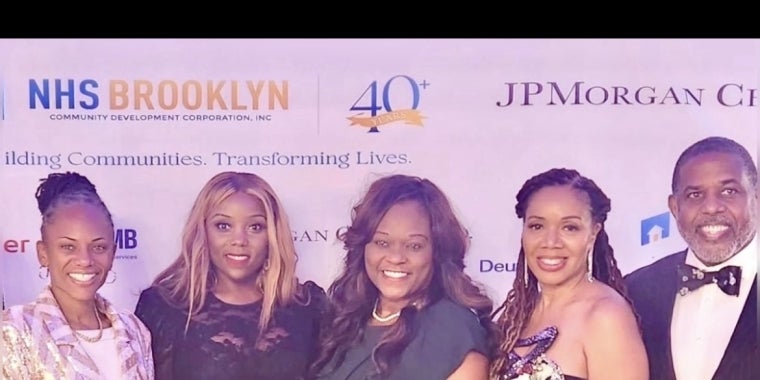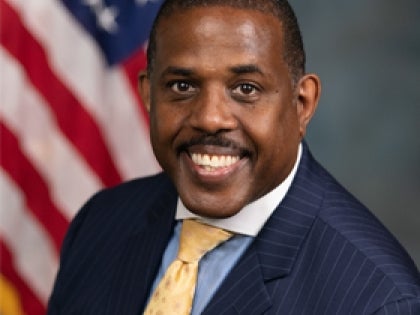
Reestablish The Black-jewish Alliance: Fight For Education
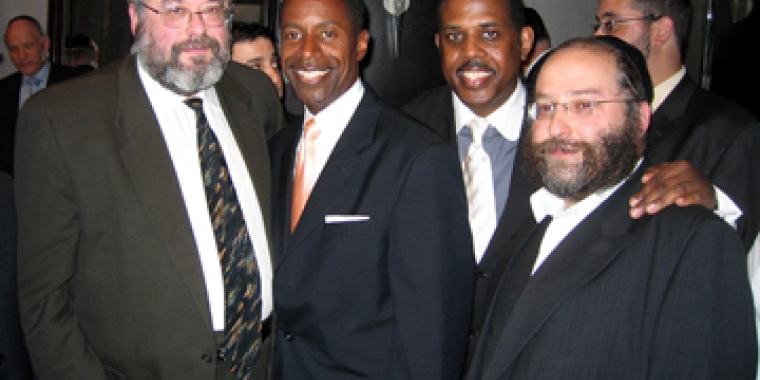
This year we are celebrating the 42nd Anniversary of the
We are also celebrating the 40th Anniversary of Everson vs. Board of Education. Everson allowed for secular necessities to be provided and paid for by the government to children attending non-public and religious schools.
The coincidence in dates is not surprising. At least it shouldn’t be.
Education is the cornerstone of a free society and equal society. Public schools have to be great. And, in the interest of our society and economy, they have to be maintained even by those who never use them.
But public schools, like every other area of American life, are never the only answer. They don’t have a monopoly and they shouldn’t have one.
At least that is the theory. But the reality for too many lower income and middle class folks, single parents, people with disabilities and immigrants, the ability to provide an education to their children in the best school possible is just a dream. Some of those children are educated just fine in a public school and that’s great.
But some are trapped in a failing school. Others might do better in a different setting than afforded by their local public school. However, because their parents cannot afford a non-public school, they do not get the same choice as the wealthy.
For many Orthodox Jews, and other religious families who choose to send their children to a parochial school – be it yeshiva or a church school, the choice means hard financial consequences. That these families are Jewish, Catholic, or Baptist doesn’t make them not deserving of help from their state government.
Here is a tailor made opportunity to rebuild the Civil Rights alliance between African Americans and Jewish Americans. By joining forces to press for equitable (and constitutional) funding of Governor Spitzer’s historic tuition deduction, we open the schoolhouse doors to all.
For those in the Jewish community who use public schools, this issue is a natural one – even if they are fortunate to have excellent schools in their community. For those whose children attend day schools, this is also an easy cause. Similarly, for African American and Caribbean American families, no matter whether their own children are in a good school – public or not, and whether that school is doing a fine job or could use some improvement, this issue is an easy one.
We can help rebuild a partnership on two issues we both care so deeply about: education and our children.
It is time to join hands and march once more.
